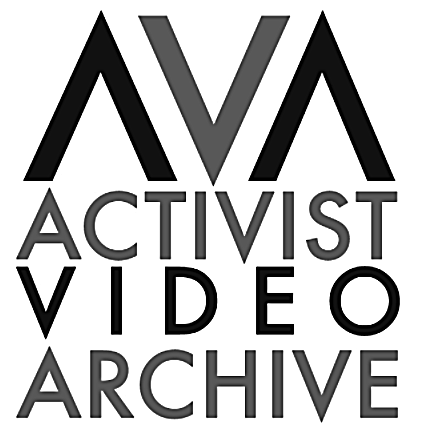Len Chandler
Len Chandler was born and grew up in Akron, Ohio. Pivotal early influences included his step mother and his grandmother, both of whom introduced him early on to the joys of music. His father was a jazz musician, and music curriculum in the schools he attended quickly became Len’s primary educational interest.
The first instrument he played was a recorder, but he quickly graduated to oboe. From his early training, when his Step-Mother would buy him opera librettos and take him to opera local productions, his emphasis in music was classical in nature. Once he was a teenager, he started writing and singing little songs to impress the girls.
For all the incidents of racism he encountered in Akron, and they were prevalent, he also benefitted from many acts of kindness from white teachers and other benefactors who helped him to move ahead with his music. After appearing in a musical for which he wrote all the songs and played basic guitar, his path as a singer and songwriter started to come into focus for him.
He was approached by a man who was doing research on “the dozens” or as Len calls them, the “dirty dozens,” rhyming couplets started in the minstrel days of the 19th century, mostly used by young men as a humorous put down of mates or boasting of sexual prowess and conquests. This tradition surely influences blues and rap. Those may have been the first writing that Len did, jesting with his friends. The teacher who approached him wanted to trade with Len. In return for Len’s help with his doctoral thesis on the “dozens,” Len would have total access to his library of traditional music records including Leadbelly, and Lightnin Hopkins, Rev. Gary Davis, Sun House and, Pete Seeger.
At the urging of this mentor, Len went to Greenwich Village in the late 1950’s. In the village, he met Dave Van Ronk, Noel Paul Stookey, and Bob Dylan and hung out as Izzy Young Folk Music Center. He sharpened his guitar playing and started performing in Washington Square Park, and at the Gaslight.
At a lecture at Columbia University, he heard an activist speak who had just returned from the South and Len was immediately inspired to travel to the heart of the Civil Rights Struggle. At a meeting of movement singers, he met Cordell Reagan, who with his then wife, Bernice Johnson Reagan, started the Freedom Singers. Len’s stories of travelling and singing in the South, culminated in his performance backed by Dylan, Joan Baez, and Bruce Langhorne, at the March on Washington, and a “Hootenanny” concert at Carnegie Hall that year.
By that time, he had written “Beans in My Ears,” Green Green Rocky Road, and “Keep on Keepin On, among dozens of other songs sung in his concert performance.” He started recording his songs, and some were covered by other artists, and booked his own tours of college campuses and coffee houses across the country.
He was asked by Jane Fonda to join the F.T.A. tour which was decidedly anti-Vietnam War in style and content. They performed at the coffee houses set up near Army bases in the U.S. and did tours to perform outside bases in Guam, Okinawa, and other training facilities overseas.
Lew Irwin invited Len to join The Credibility Gap, a troop of satirists who provided short comedy sketches for radio and eventually, television in Los Angeles. During the run of those programs, Len had to create as many as a dozen topical songs in a week.
For many years, he toured and did benefits for groups supporting a variety of social causes. He had known Pete Seeger since the early days of Greenwich Village and when Pete asked Len to join the nascent ecological campaign to clean up the Hudson River, the Clearwater, Len was glad to work with one of his all time heroes.
Len had met John Braheny in the 1960’s and in the early 1970’s they reconnected. Together, they started talking about having a place in Los Angeles to showcase Len’s songs and to invite other performers to join him once a week. This was the beginning of the Los Angeles Songwriter’s Showcase, which would provide Len and John with a partnership and work on behalf of fledgling songwriter’s for the next forty years. Started at the old Ash Grove, the Songwriter’s Showcase moved to Capitol Records and became a pivotal resource for young songwriters to learn their craft and the business practices that affected the publishing and recording of their work.
